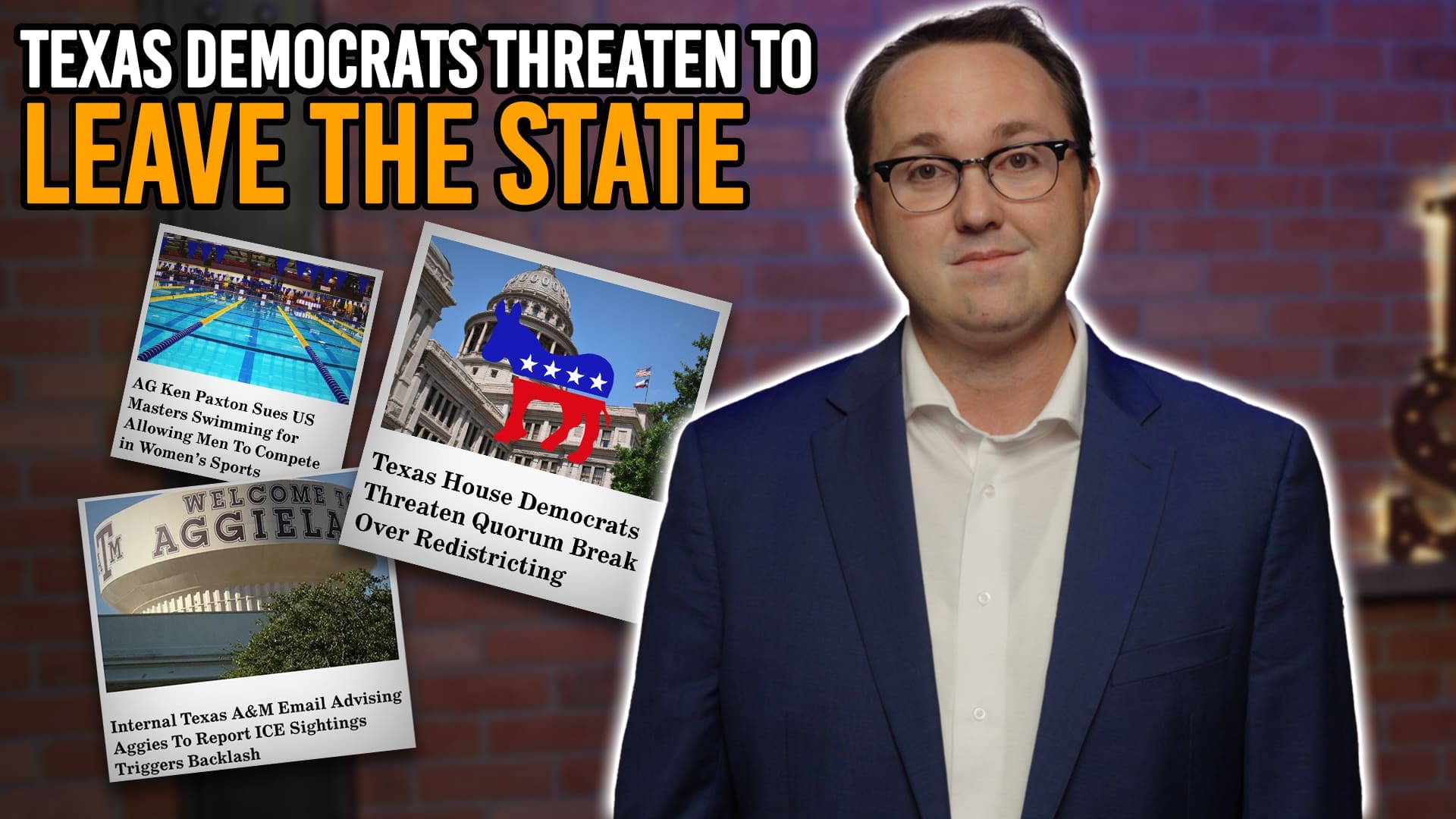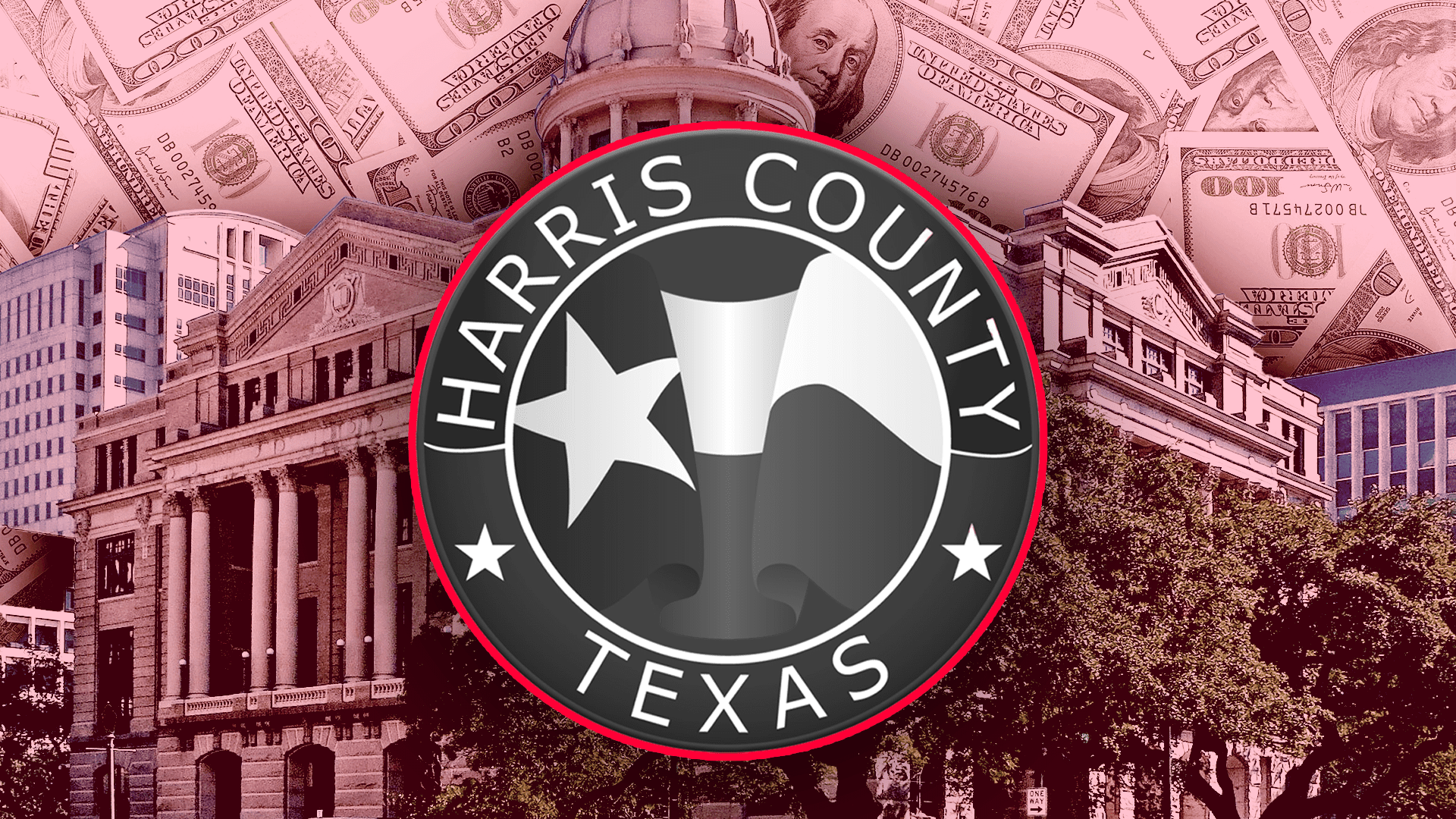Churches in Texas could lose their right to act in accordance with their faith if the Texas Ethics Commission is successful in federal court. The agency would force churches to register and report as political action committees before speaking on issues affecting their communities. On top of that, one Republican state lawmaker wants churches to disclose the identities and amounts of tithes received from congregants as well.
On the TEC’s agenda next week is a meeting between commissioners and their attorneys to strategize for their continued court fight against three Texas churches. The outcome will directly or indirectly affect every church in Texas.
A federal lawsuit, Joint Heirs Fellowship Church, et. al. v. Natalia Ashley, et. al. was brought in federal district court last year by several churches that feared prosecution by the Ethics Commission if they engaged in activities related to a recall election that was then occurring in San Antonio. The churches planned to work together to circulate and submit recall petitions, collect signatures, post materials to their websites, and engage in other similar activities supporting the recall of several San Antonio politicians who the churches alleged threatened their freedom of speech and of religion.
However the Texas Ethics Commission demanded that the churches register with the agency before moving forward on the recall efforts.
At the core of the case is the question of whether the three churches, Joint Heirs Fellowship Church and the First Church of God, both of Houston, and Faith Outreach Center International, of San Antonio, would be required to register as a political action committee with the state if they coordinated their activities related to recall and other measure elections.
A federal judge ordered the TEC and the churches to confer and agree on whether any of the proposed activities fell outside the scope of the commission’s regulations. The commission would not agree with the churches that any of the proposed activities were unregulated, and now the case is on appeal to the Fifth Circuit.
Due to IRS regulations, churches are typically prohibited from directly engaging in elections between candidates, but they frequently engage in activities related to elections on “measures,” such as ballot initiatives, bond elections, constitutional amendment elections, local option liquor elections, and recall efforts. Though constitutionally suspect under the Supreme Court’s rationale in Citizens United, those types of measure elections are regulated like candidate elections in Texas.
The three churches have ample reason to fear the impact the political committee regulations would have on their freedom of worship.
During the recent legislative session, State Rep. Byron Cook (R–Corsicana) authored two bills designed to increase regulations on churches that choose to engage in measure elections, House Bill 37 and a substitute to Senate Bill 19. The two bills would have forced outspoken churches to register with the state and identify the sources of all donations.
Attorneys familiar with the legislation argued that, if the bills had passed, churches who chose to speak out or wished to preserve their rights to do so would have been prohibited from passing a collection plate. If the churches took anonymous tithes, they would face criminal penalties if they later engaged in regulated speech and were unable to report the identities of all donors and the amounts of their donations.
The version of Senate Bill 19 containing the regulations was passed out of the House by a coalition composed of Democrats and a minority of Republicans, but Senate Republicans ensured that it did not reach the Governor’s desk. Nonetheless,existing regulations and the radical interpretations applied to them by the TEC continue to present a threat to freedom of speech and of religion in Texas.




